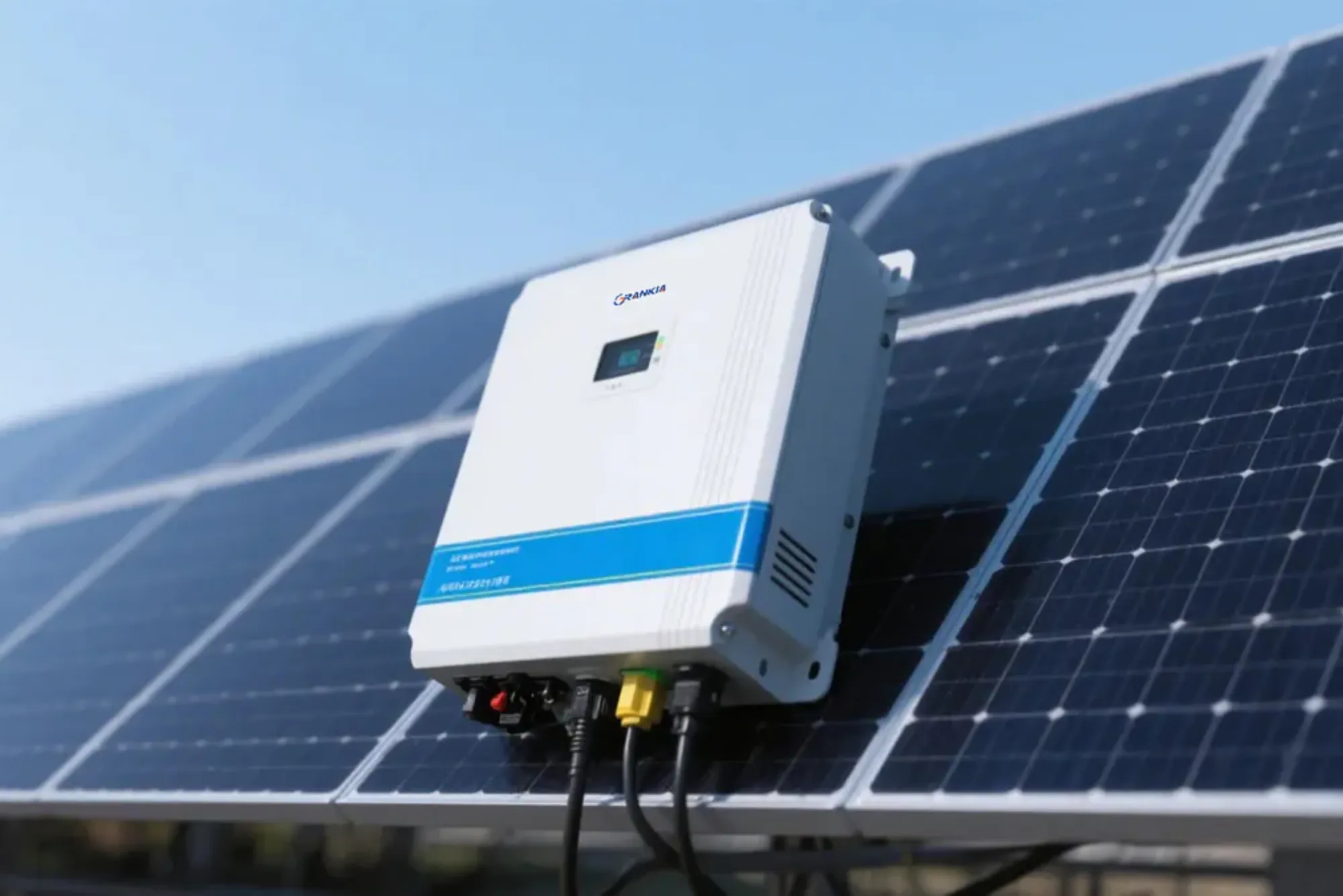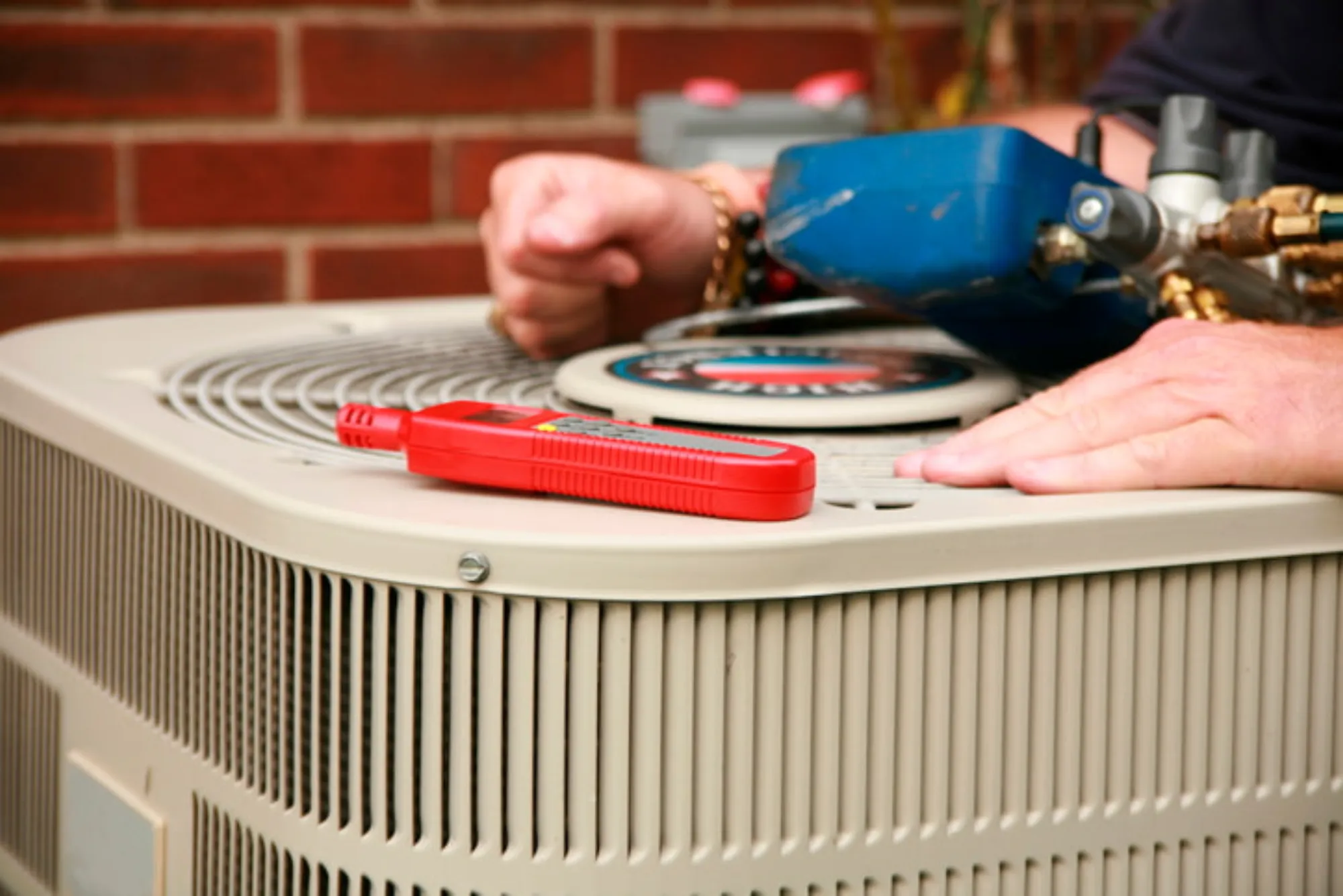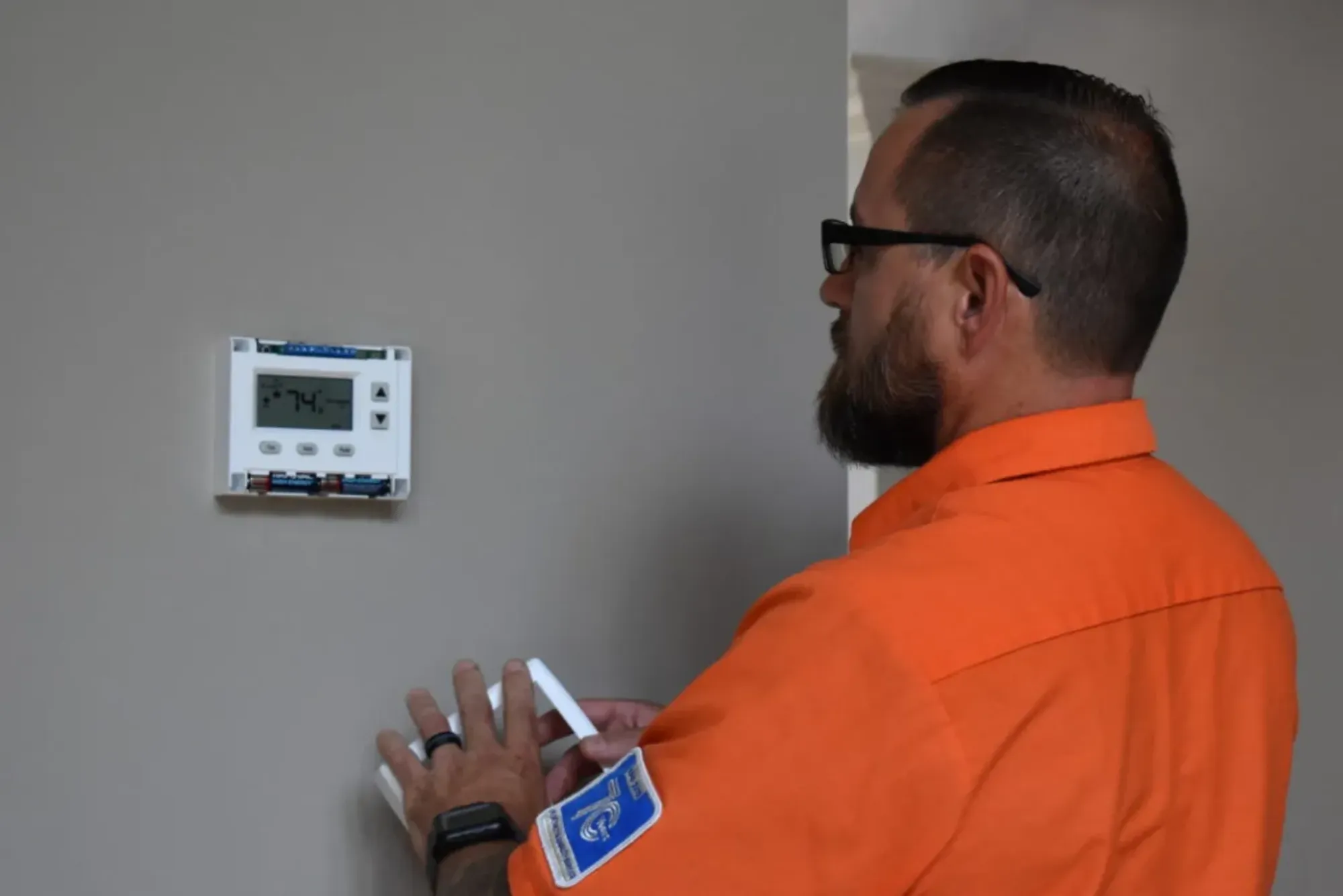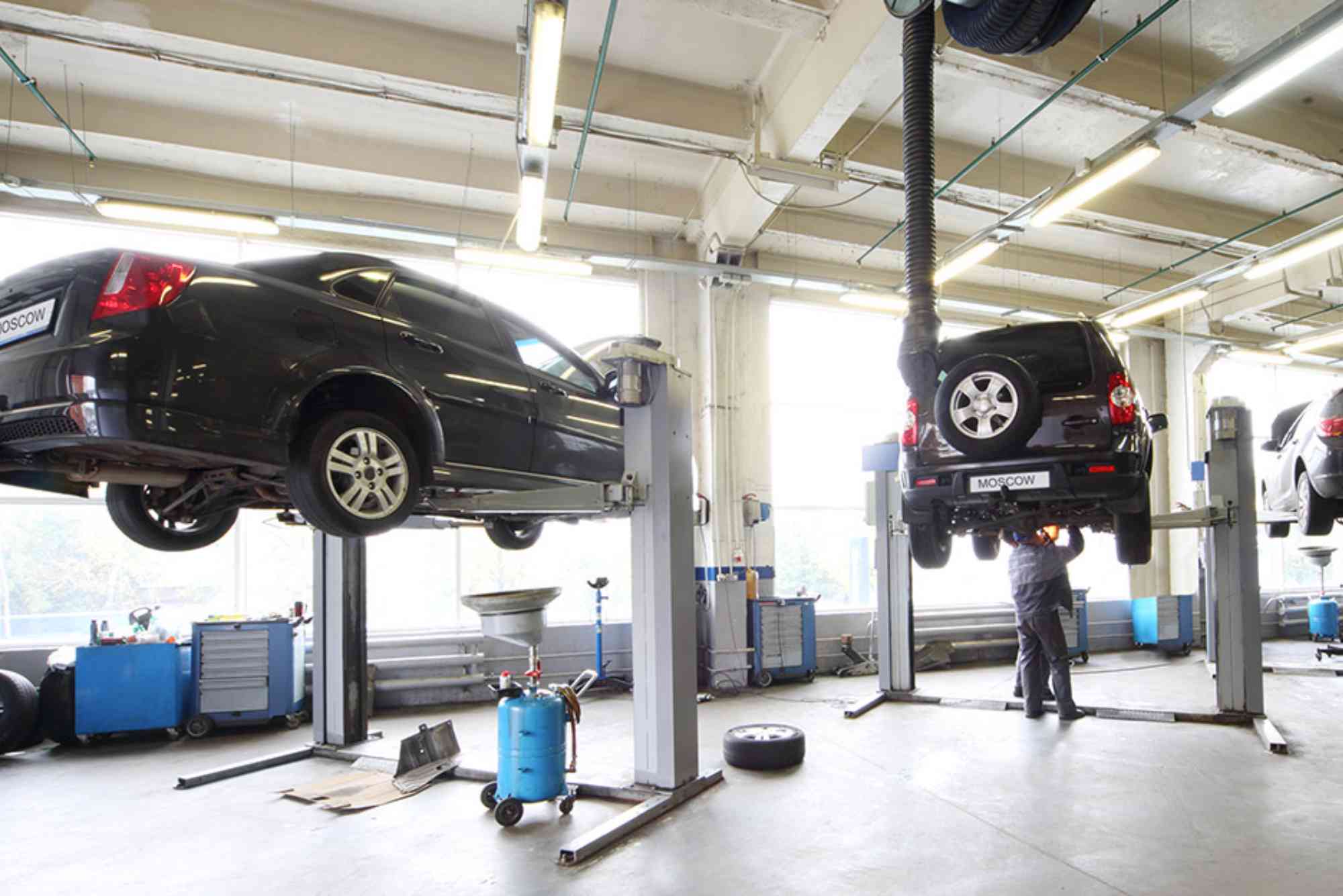When it comes to harnessing solar energy, solar inverters play a crucial role in ensuring efficiency and stability. Sungrow, a prominent name in the solar industry, provides innovative solutions that enhance the performance of both grid-tied and off-grid systems.

Understanding Solar Inverters
Solar inverters are devices that convert the direct current (DC) generated by solar panels into alternating current (AC), which is suitable for household use and compatible with the electrical grid. They are essential for maximizing energy production and ensuring that solar systems operate effectively.
The Role of Solar Inverters in Grid-Tied Systems
In grid-tied systems, solar inverters ensure a seamless connection between solar panels and the electricity grid. By managing the flow of energy, they help maintain grid stability. Sungrow‘s advanced inverters incorporate smart technology that monitors energy output and grid conditions, allowing for real-time adjustments. This capability reduces the risk of grid overload and enhances overall reliability.
The Importance of Solar Inverters in Off-Grid Systems
For off-grid systems, solar inverters serve a different yet equally important purpose. They not only convert DC to AC but also manage battery storage and distribution. Sungrow’s inverters are designed to optimize battery usage, ensuring that energy is available when needed most. This is particularly vital for remote locations where access to conventional power sources is limited.
Conclusion
The impact of solar inverters on the stability of both grid-tied and off-grid systems cannot be overstated. With innovative solutions from brands like Sungrow, users can expect improved efficiency and reliability in their solar energy systems. By investing in high-quality solar inverters, individuals and businesses alike can contribute to a more sustainable energy future while enjoying the benefits of stable power supply.





